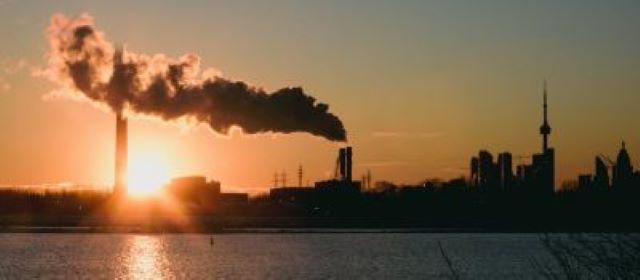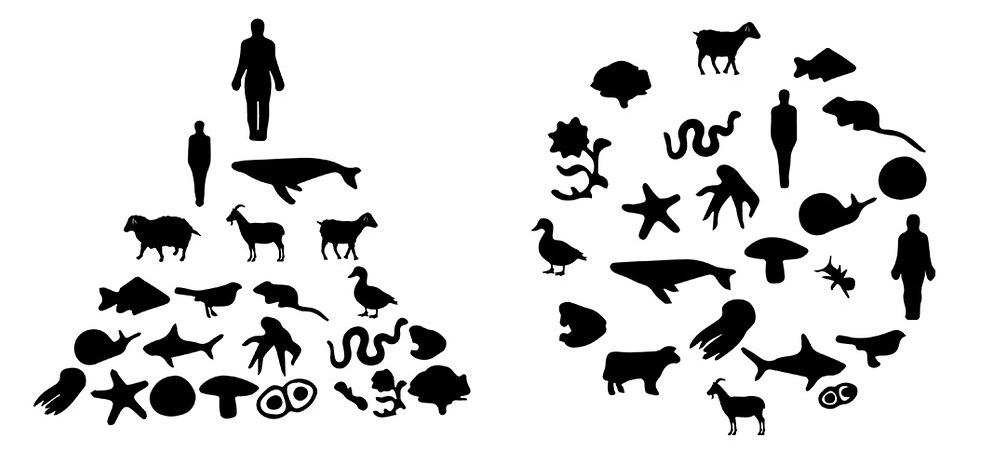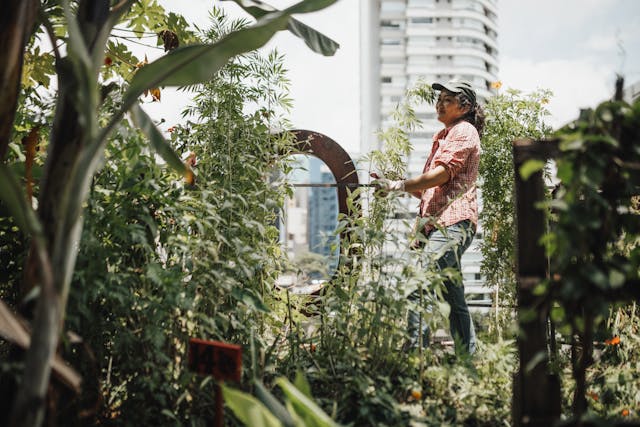by Sarah Gettel
This week, we continue our Season of Creation celebration alongside our Racial Reconciliation Eucharist. At first, these may seem like two separate themes, but together they invite us to explore how these areas of our ministry—caring for this Earth and healing from historical and ongoing racial injustice—are deeply entwined.
Too often, environmental injustice falls hardest on communities of color, exposing a long history of devaluing their lives and well-being while also harming the Earth. I saw this when I worked with the City of Flint during their water crisis recovery. For years, poisoned water devastated this majority-Black, low-income community. Families were exposed to lead and other toxins while corporations profited from bottled water sales. Government leaders at every level ignored and minimized community concerns, mismanaged solutions, and prolonged suffering of the most marginalized. Thousands of children were exposed to lead and other toxins—harm that is life-altering, and in some cases life-ending.
This is not an isolated experience for communities of color. Factories and waste sites are frequently placed in BIPOC communities: the East Phillips neighborhood in Minneapolis has some of the worst air quality in the state after decades of pollution from a pesticide plant. In Saint Paul, the Rondo neighborhood was torn apart by a highway—much like Bronzeville in Milwaukee, near where I grew up. And Indigenous lands and waters remain threatened by projects like the Dakota Access Pipeline. These are a few nearby examples, but the pattern is global.

I remember the deep grief and the extraordinary resilience of Flint community leaders as they faced overlapping crises of health, housing, and safety as well as the impacts of racism in their community. That experience underscored to me that racial healing is environmental healing, and vice versa. We are all beloved, interconnected parts of God’s creation. True reconciliation requires naming the racialized dimensions of environmental harm and dismantling the false belief that people—or the Earth itself—can be ranked in worth.

The Season of Creation invites us to renew, repair, and restore our relationship with God, one another, and all creation. Jesus shows us the way that we can do this—by not turning away from suffering and instead moving toward it with love.
How might we amplify the voices of BIPOC environmental leaders and invest in their community-led green projects? How do we share information about social, racial, and environmental justice with our community? How can we support reparations that restore land and health to harmed communities?
By acting through our faith at the intersections of creation care and racial reconciliation, we can resist oppressive systems, seek unity and healing, and practice a love so wide that it embraces the whole world.

